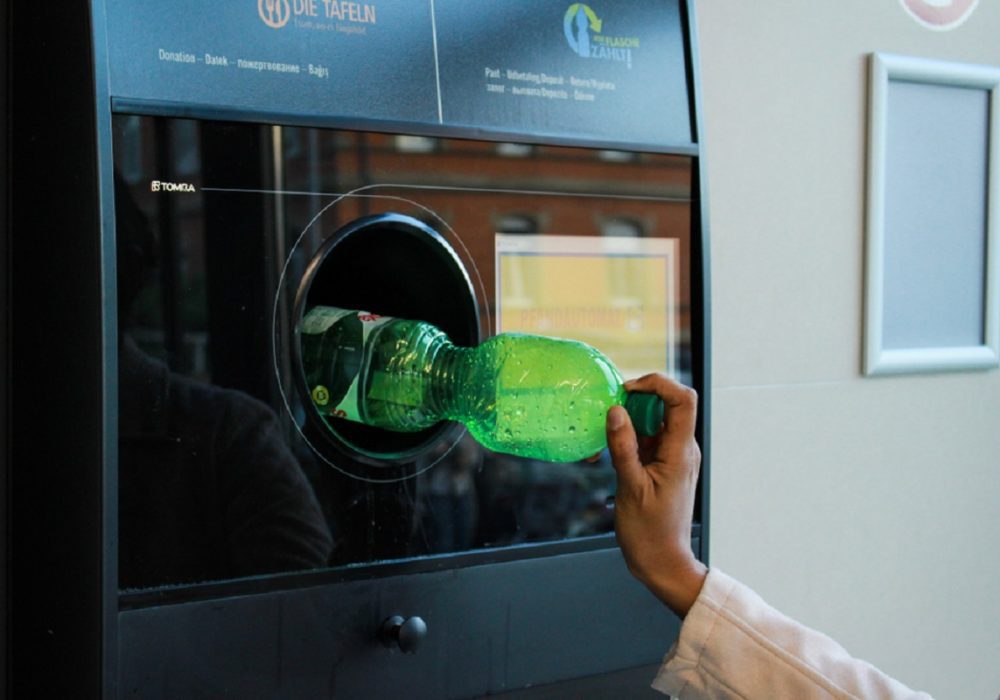
All change at the top (again!)
The tumultuous period of political instability that has recently characterised UK politics finally seems to have calmed down a little. Government ministers have been seemingly playing a game of musical chairs through a series of cabinet reshuffles. Mercifully, the music appears to have stopped for now at least!
It is worth considering the environmental credentials of those now tasked with leading the UK’s response to the waste management problems we face, and what items are sitting at the top of the environmental in tray….
A minister of state experienced in environmental matters
Newly appointed by prime minister Rishi Sunak, environment secretary Thérèse Coffey has three years’ previous experience within the Department for Environment, Food and Rural Affairs (Defra) where she now leads. Two recycling industry trade bodies responded positively to the appointment.
Jacob Hayler, executive director of the Environmental Services Association (ESA), and a spokesperson for the Chartered Institution for Wastes Management (CIWM) welcomed her to the new position.
The new environment minister has significant experience of some key elements within her brief. She played a key role in developing the resources and waste strategy in Theresa May’s government under the then environment minister, Michael Gove. She also recognises the logic of the circular economy.
Some ambiguity but a cause for hope
Prime minister Rishi Sunak is somewhat different and his support for green policies may be read as a little ambiguous. His support for the green agenda can be seen in his backing of initiatives such as domestic clean energy, vehicle charging points, investment in fledgling green energy technologies and sustainable farming practices.
Despite this, according to reports, in his role as chancellor, he blocked several policies that could be labelled ‘green’. This includes delaying the Heat and Buildings Strategy, as well as preventing home insulation policies and spending on new infrastructure. However as chancellor, he may have been focused on the financial impact of such measures.
Despite the prime minister’s somewhat inconsistent credentials, the new environment minister’s familiarity with environmental matters gives is a cause for hope to those who want to see us make faster progress towards a greener society.
The top of the environmental legislation in tray…
Across the UK there is a need to drive through important environmental reforms. These are key pieces of Defra’s Resources and Waste Strategy and are pivotal for addressing the inconsistency in household and business recycling.
- EPR – Extended Producer Responsibility for packaging. This week, in response to the EPR consultation, which will see producers made responsible for the packaging they place on the market, Defra published a draft EPR statutory instrument.
- The EPR mechanism is quite complex, but in essence the overarching objective of reducing waste from packaging aims to provide a fair deal for producers, who will in effect be paying local authorities to collect packaging for recycling.
- DRS – Deposit Return Scheme. The much anticipated DRS for drinks containers appears to be moving slower than EPR. All four UK nations have announced plans to introduce a DRS for beverage containers by 2025, with Scotland launching the scheme in 2024.
- Scotland and Wales will include aluminium, glass, plastic and steel containers in their DRS systems, but England and Northern Ireland will exclude glass. Drinks cartons are a significant element of waste, however, despite pressure from MPs, Defra says it “does not currently have plans” to include cartons in England’s deposit return scheme (DRS).
- To give this some context, carton packaging is already successfully included in DRS systems around the world, including in Canada and in Australia, where the systems have supported an increase in collection rates to 75% and 70% respectively.
Moving forward, COP27 may have set the tone for the overarching ambitions of meeting the challenges of climate change. However overwhelming and daunting the ultimate objectives may seem, such as limiting the increase in global temperature, it is megalithic – built from individual stones like EPR and DRS.
As a nation, we need to make sure that amidst all the distractions and the many moving parts of our globalised world, we are not diverted from the pressing need to take the relatively small steps that help preserve our planet.
Get more efficient solutions for waste management from Whitespace
To find out more about Whitespace Municipal Waste Management solutions, please get in touch by calling us on +44 (0)1483 231 650 or emailing us at info@whitespacews.com.
